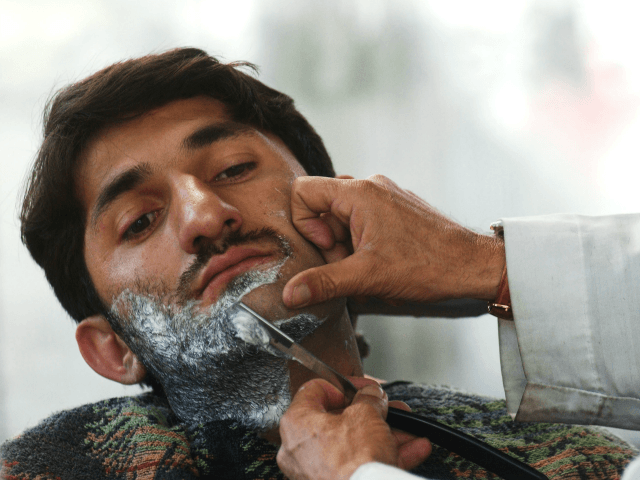PARIS (AP) — A French labor court was unable to agree Thursday whether four Muslim security guards were unfairly fired from their jobs at Orly airport after the 2015 Paris terror attacks for refusing orders to trim their beards.
The former guards sued the private company that had employed them, claiming they were victims of discrimination based on religion and physical appearance arising from the panic over the deadly attacks.
The labor court in Bobigny, on the outskirts of Paris, was expected to rule on the case Thursday. But the panel of four non-professional judges was unable to reach a majority position and sent the case to a professional judge who will issue a decision at a later date, Eric Moutet, a lawyer for the former guards, told The Associated Press.
The lawsuit is the first in France dealing with the rights of employees when it comes to facial hair. The four men, still wearing beards, were at court waiting to be informed of labor panel’s written decision, but didn’t comment on its inability to issue one.
The men have asked the court to order private security firm Securitas to pay them each 53,000 euros ($62,000) in damages and sanctions.
Securitas denied discriminating and said it was “perfectly legitimate” to require male staff to wear a “short, trimmed and neat beard” because of the security missions they perform and of the image they have to convey to the passengers they control.
During a hearing in September, Moutet said the company’s instructions were overly vague and subjective because they didn’t specify the length and shape of beards that would be acceptable.
The lawyer also said his clients had worn the same beards when Securitas hired them eight or nine years earlier. The guards first received orders to trim their beards just days after the November 13, 2015 attacks, Moutet said.
In its defense, Securitas argued that even as a private company, it has to perform a public service mission on behalf of the French state by ensuring the safety and security of airports.
The mission requires employees to “show neutrality” in application of the French principle of secularism, Securitas lawyer Benoit Dubessay said.
In a country known for its strict secularism, French courts have dealt with cases involving signs or garments that show religious affiliation, such as the wearing of the Islamic headscarf by women working in contact with the public.

COMMENTS
Please let us know if you're having issues with commenting.